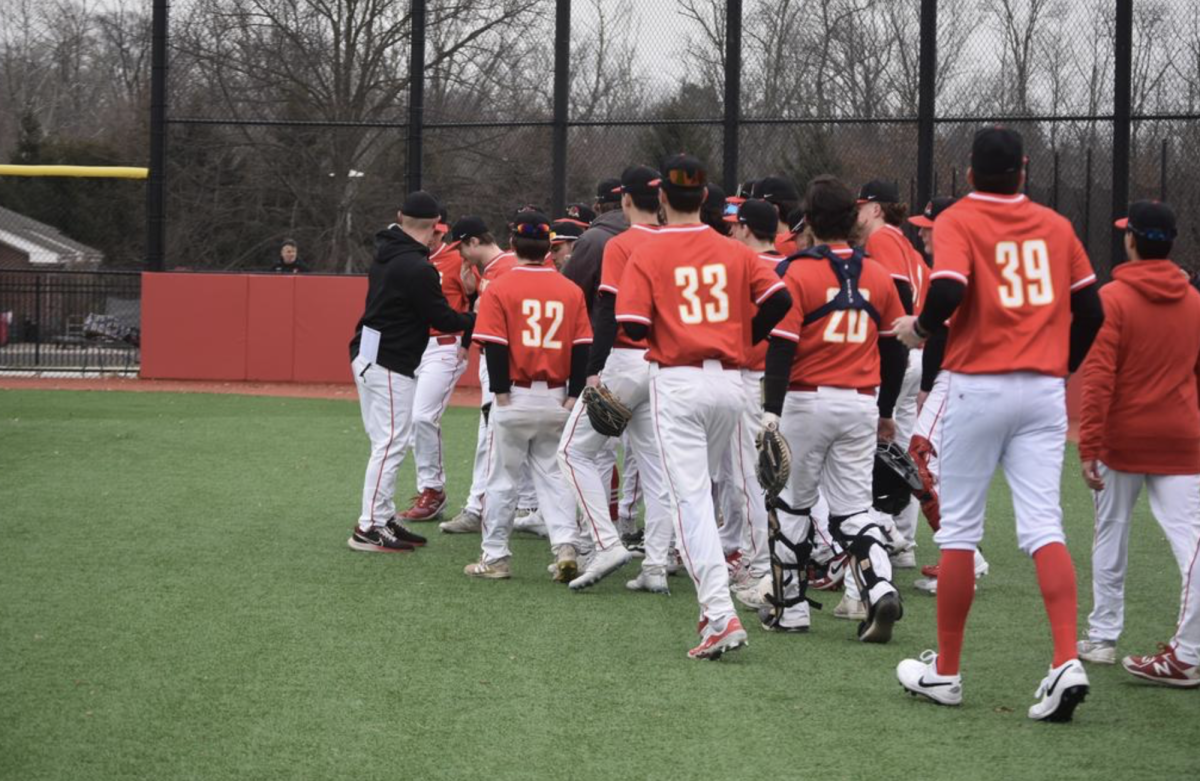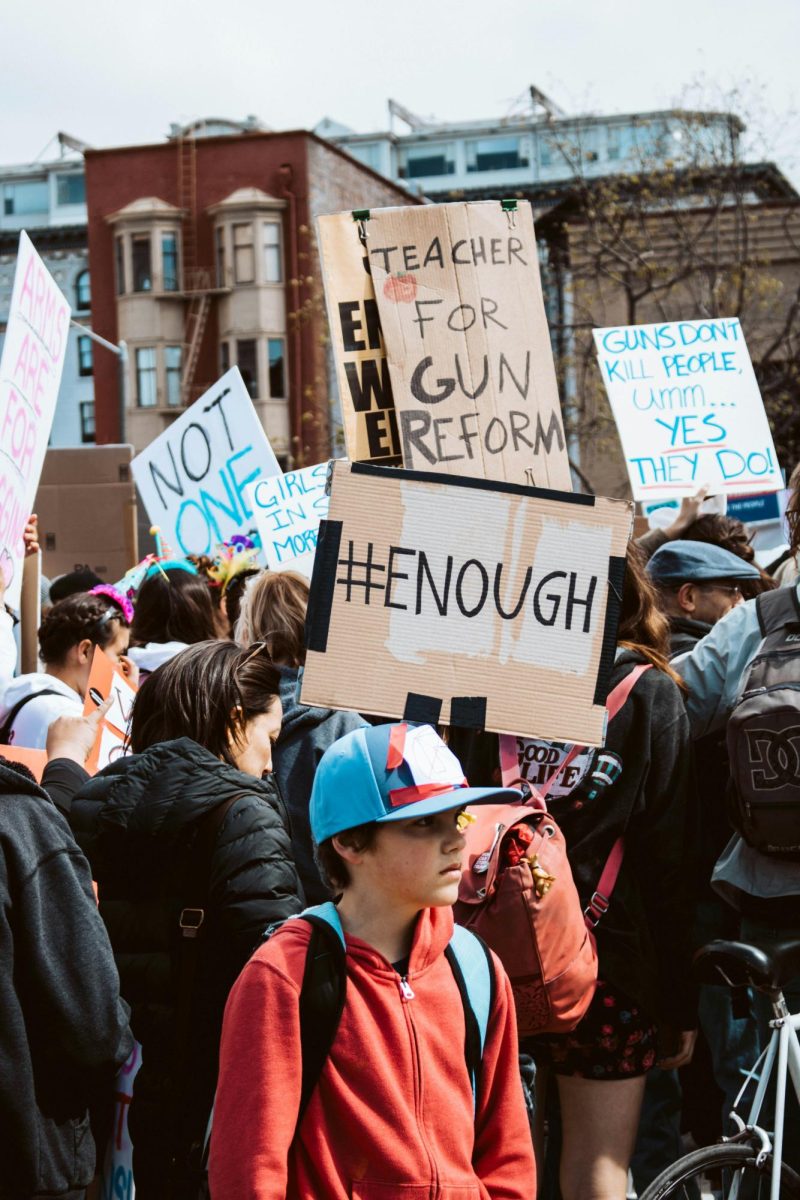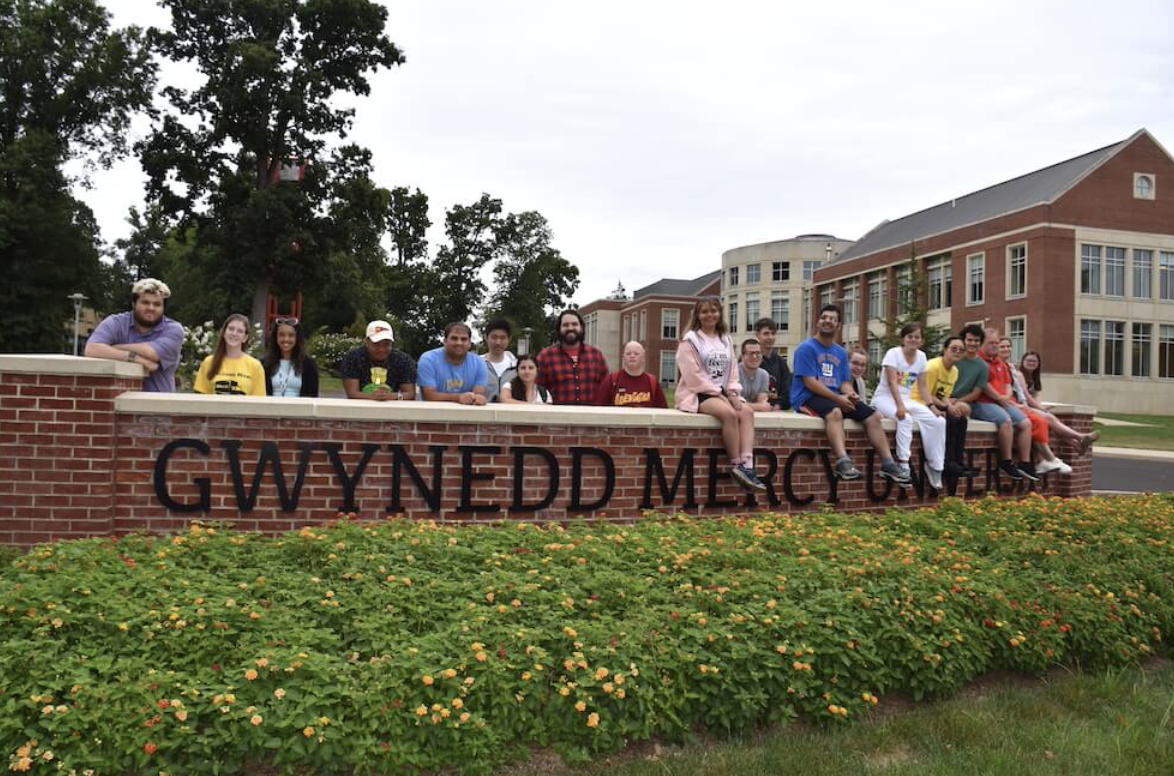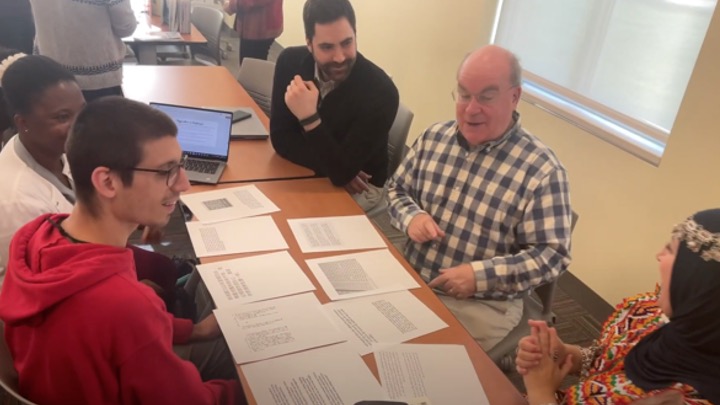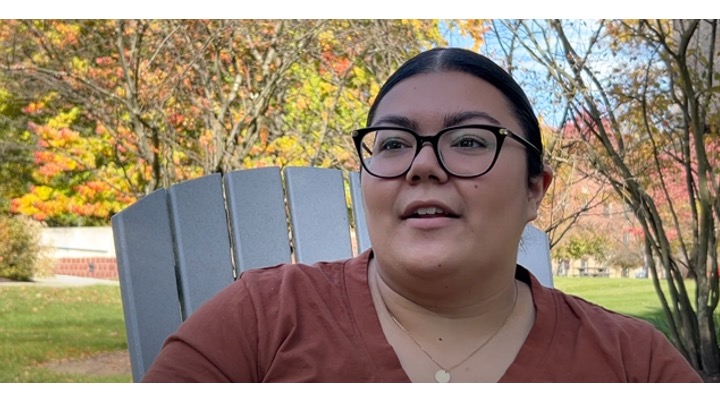In 2022, a school shooting during a football game at the University of Virginia resulted in the death of three college football player and injuries of two others. There is increased awareness of campus security and the need for efficient strategies to prevent school violence. Addressing non-violence behavior on campuses is now essential.
College Campuses Respond to Increased Violence
Some colleges focus on root causes of violence and teaches conflict resolution skills in classes, integrating these courses into the curriculum. For instance at Colorado College you can minor in non-violence. In this course students study how people interact with the natural world and/or with each other in terms of violence and nonviolence.
Precautions that are being taken by colleges and universities include active shooter programs. In the case of an active shooter scenario, these programs are intended to train members of the campus community on effective defense measures. Self-protection training is also another key to help reduce non-violence on campuses, such as awareness of surroundings, locking doors, traveling in groups and so much more to help reduce the chance of violence.
Police and Public Safety Maximize Campus Security
According to IACLEA, the role of public safety on college campuses is to “focus on the needs of the campus community, including being responsive to the expectations for the safety and security
of students, faculty, and staff” (IACLEA 1). Collaboration between campus police and the local community is essential to maintain a secure environment. A key to ensuring campus safety and security is having law enforcement or private security on campus.
Temple University uses the Guardian App, that students, faculty and staff can download on their mobile phones to connect automatically with campus police. Code Blue emergency phones are beacons throughout campus that, when used, can call out for help for the police and public safety. Walking police escorts are also available to walk with concerned students, faculty or staff on campus at night.
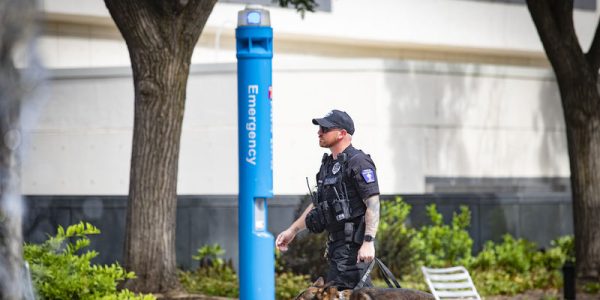
Campuses Increase Mental Health Support Services
Providing accessible and stigma-free mental health support services is a critical component of non-violence initiatives. To create counseling centers, hotlines, and peer support networks, universities are working with organizations in the field of psychiatric care. According to the American Psychiatric Association, colleges and universities must integrate training, not just making it available. Also promotion of mental health should be a campus-wide effort. Assessing the needs of students through online surveys or a in-person screening are also recommended.
Bystander Intervention Programs Available to Colleges
The Green Dot program trains students, faculty, and staff to recognize and prevent violence by taking action safely and effectively. According to their website, Kent State University, Rutgers University, University of Florida, Texas A & M have utilized the Green Dot program. In 2014 the Department of Residence Services at Kent State University launched their Green Dot Program on campus to promote personal responsibility for campus safety. At the university all 240 student staff members have taken the program to impact change within the campus to maximize everyone’s safety even more. This program is used throughout numerous college and university campuses and it helps keep people safe.
Courses, Majors and Initiatives Support Non-violence
Another way to implement ways to keep students safe on college campuses is education. Educating students with knowledge on how to de-escalate situations, promote peace, and use their voices to speak out is a very important step in the direction of supporting non-violence.
Arcadia University introduced the peace and conflict resolution major which equips students with the tools for preventing, deescalating, managing, and resolving a wide range of conflicts in a variety of contexts. They also offer programs and clubs to fight injustice and promote equality and peace. The students of Arcadia university also take a first year seminar learning about strategic ways for non-violence. “Students are critically analyzing different movements and assessing and utilizing a framework that we as a class build” (McCreery 2020). These are great ways that can be used to strategically implement non-violence on college campuses.
This post is the first in an ongoing series exploring the Critical Concern of Non-Violence. This focus on college campuses aims to understand our understanding in our region and beyond.
Check out this related content: ://digcomcrew.org/987/critical-concerns/pushing-for-equality-on-campus/


